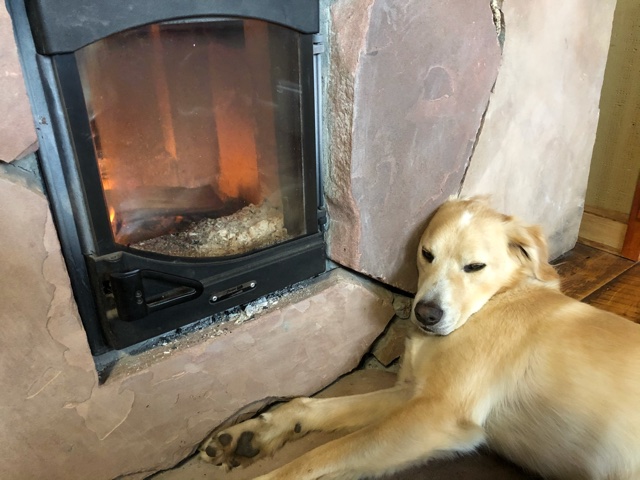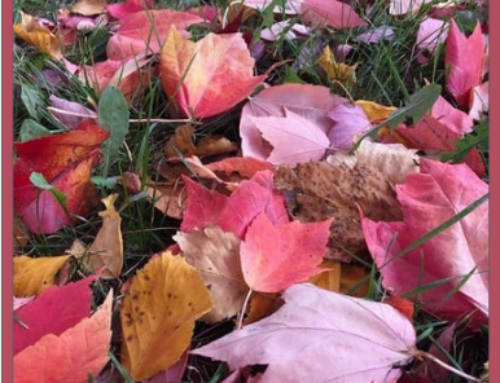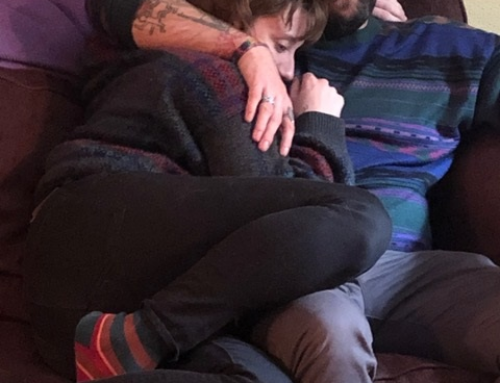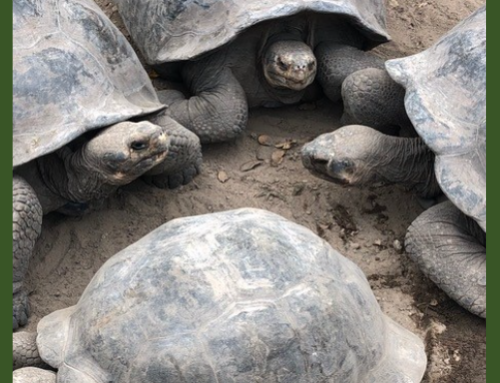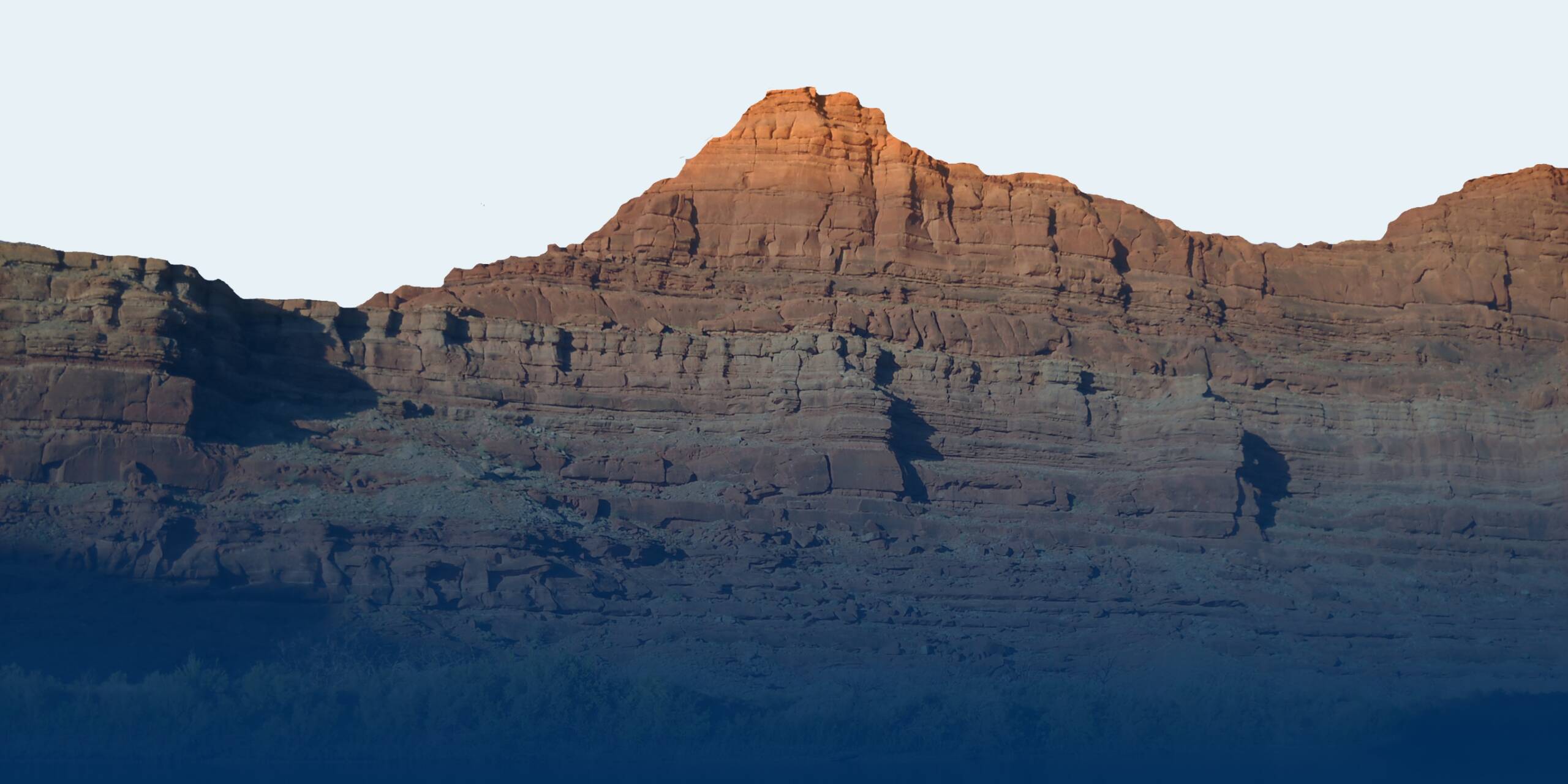The cure for exhaustion
As we enter this time of winter solstice—the shortest days and longest nights—it feels like a time ripe for reflection. It’s been a challenging year world-wide as we continue to wrangle with a pandemic that has left no one and nothing untouched. And I have yet to meet anyone who isn’t exhausted. Indeed, when asked how we are, the overwhelming response is ‘tired.’
So what are we to do with this weariness? It reminds me of a quote from one of my favorite poets, David Whyte. At a time in his life of particular frenzy and inattention, a wise mentor said to him, “The cure for exhaustion is not rest, but wholeheartedness.”
And while this is a challenging premise, especially at a time in our world when no one is exempt from weariness, uncertainty, rapid change, grief, and worry, it’s worth at least considering. Sleep, of course, is important. I’m just not sure that rest alone will help us feel any less exhausted.
Wholeheartedness suggests diving in, maybe even losing track of time as you are fully present to something or someone. Wholeheartedness often comes with a sense of awakening, which does sound pretty far from exhaustion.
This fall, I’ve had the great pleasure of getting to speak face to face with a number of groups. From engineers to bankers, from police officers to court managers, from educators to construction contractors, it has been a wide range of people and professions. The thing is, we humans have a great deal in common right now, regardless of how we spend our time.
When friends and colleagues asked how the various groups seemed, my description was pretty similar for all of them: weary, trying really hard, nearing burn out, but also engaged, passionate, and delighted to be together.
It was telling that the longer the session, the more energized folks became. The 90 minute and half-day programs seemed to build energy as they went. A potent reminder about the power of being together and the energy that builds when we really dig into topics at hand.
Purpose matters. The vast list of challenges we face is decidedly overwhelming and downright disturbing. But in our areas of expertise, wholeheartedly diving into parts of that list can actually be energizing, recognizing that we really can make a difference in our sphere. And maybe a whole lot of little differences can add up to something that lends hope and vision to otherwise exhausting scenarios.
One of the risks of exhaustion is losing sight of what is helpful and what isn’t. Sleep, for sure, is important. But what else might ease your exhaustion if sleep alone isn’t doing it? Shake it up. If you sit a lot, move; if you move a lot, be still. Merriam-Webster defines wholeheartedness as completely and sincerely devoted, determined, or enthusiastic. In other words, whatever we are choosing to do to bring in some fresh energy, really do it. Step in. Let yourself be fully engrossed in whatever it is—a walk, deep breaths, yoga, listening to music, whatever it is that, if you really give yourself over to it, you can feel yourself awakening.
When I remember the phrase David’s mentor shared, it can serve to redirect my weary gaze. Focus feels better. At least a lot of the time. Knowing what we need in order to re-energize is important. It’s easy, when we’re exhausted, to default to numbing, and to forget how good wholeheartedness can feel.
So a suggestion in these long nights of solstice? Tune in to your exhaustion, ask yourself what would feel better. Remember there are options and that wholeheartedness, being fully present and engaged with something, can give you energy, rather than deplete you.
There are gifts within these long dark nights, especially if we stay curious, open to what our hearts are calling us toward.

